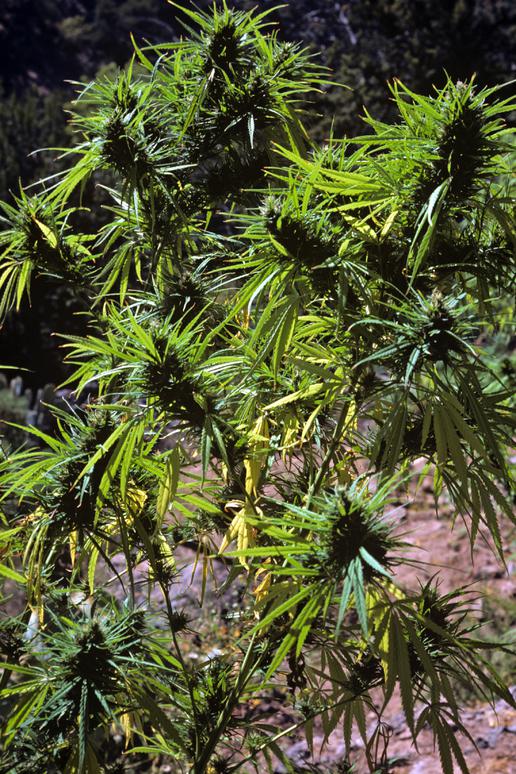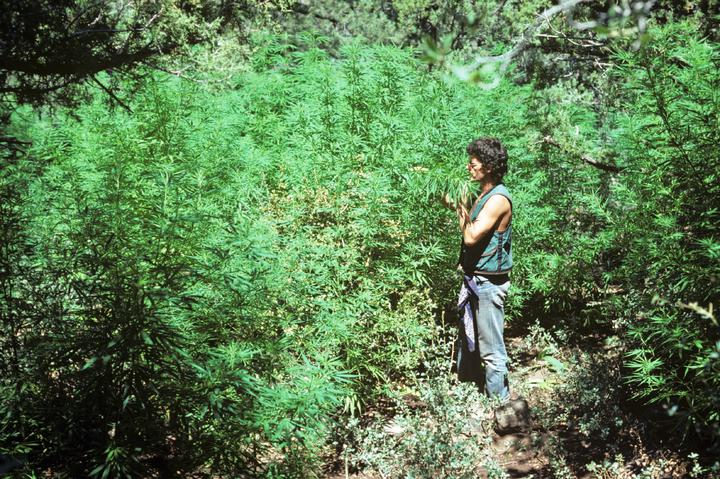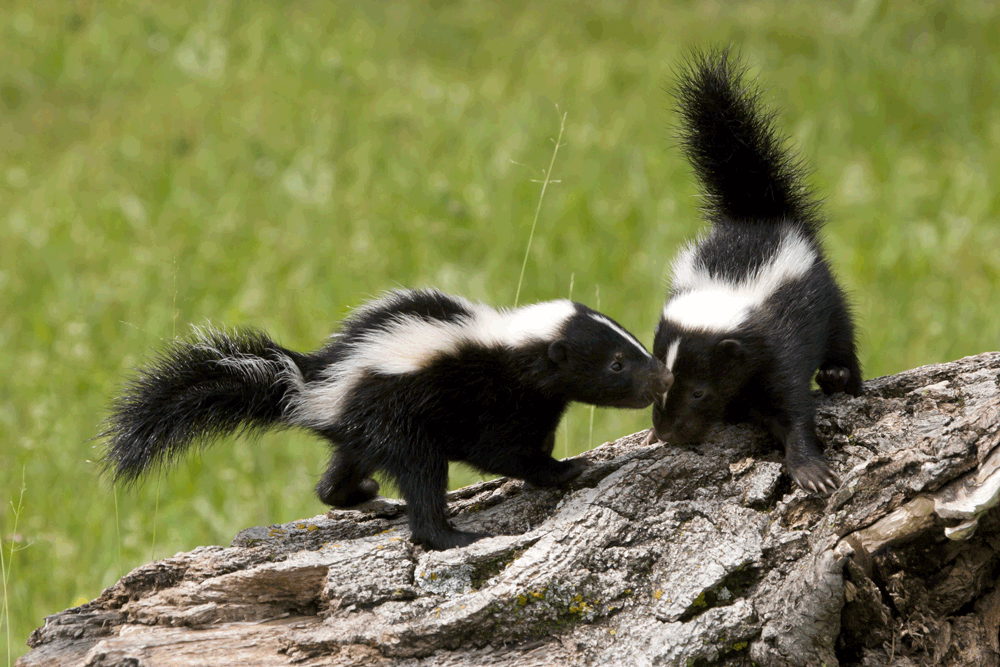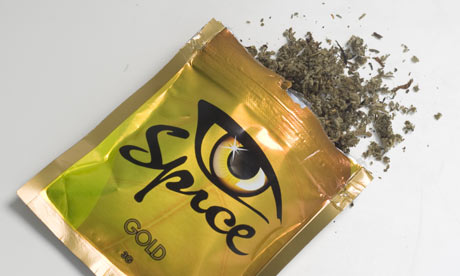Skunk, you undoubtedly know that it means cannabis… of some sort; but the level of your curiosity with cannabis history, whether you grow, and where you come from could all influence the accuracy and nuance of your definition. So, to elucidate, and hopefully illuminate, we humbly offer a Brief History of Skunk.
to skunk, or not to skunk?
In terms of Skunk’s origin and history, in the U.S. in the 70’s the vast majority of cannabis was imported. How to grow cannabis and which marijuana strains to grow was a question of experimenting with ‘bag seeds’. That’s how early cannabis pioneer-growers along the warm, west coast began crossing short, potent strains from the Kush region, bordering Afghanistan, Pakistan and India with the long, gangly landrace sativas of the southern Americas, mainly using Mexican Acapulco Gold and Columbian Gold genetics.
In one now legendary grower’s enclave, a breeding collective called Sacred Seeds, which included legendary names like Mendocino Joe and Sam the Skunkman, was at work perfecting many future, benchmark strains. One of them, refined from a variety of global types and many unstable versions later, became Skunk #1.




